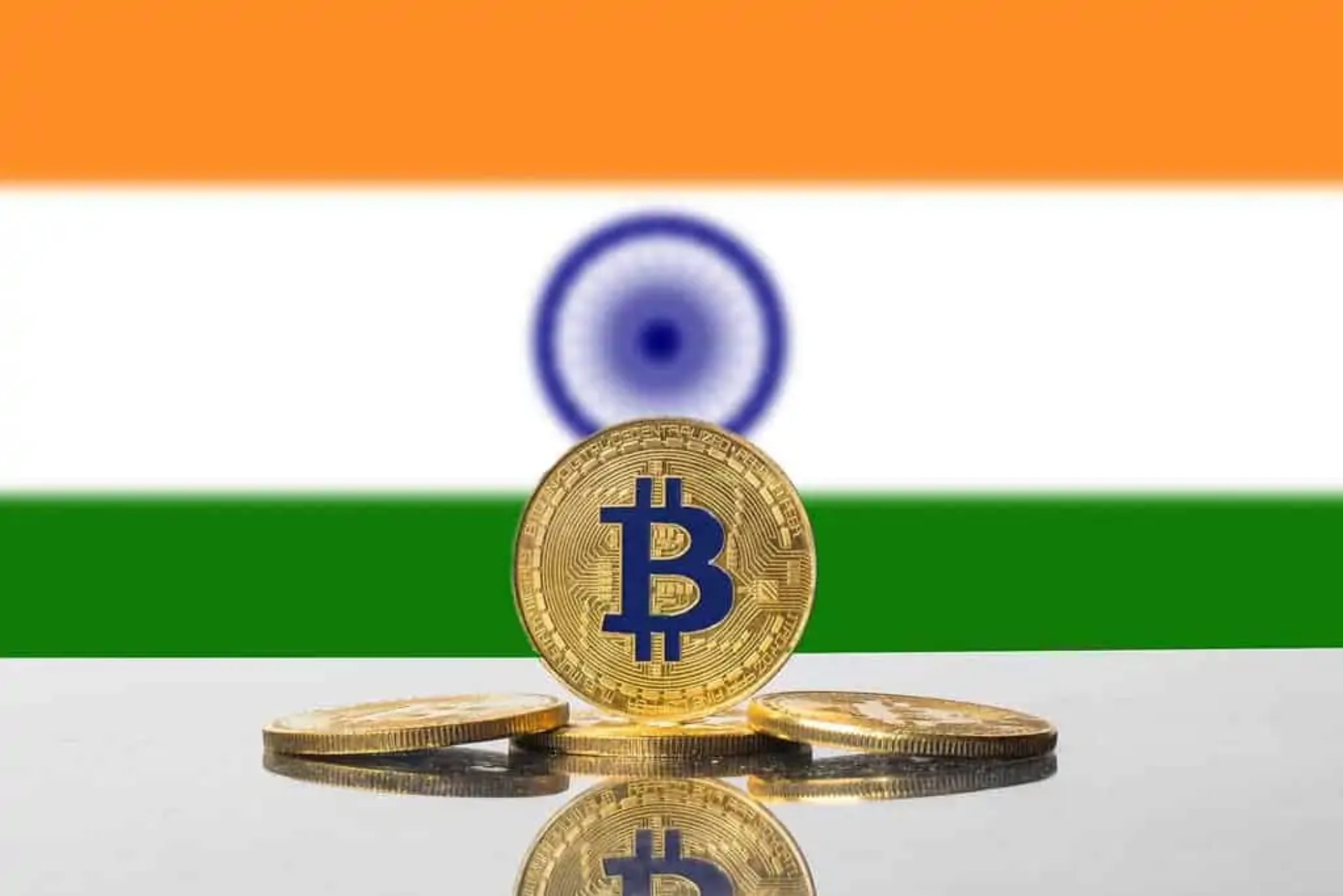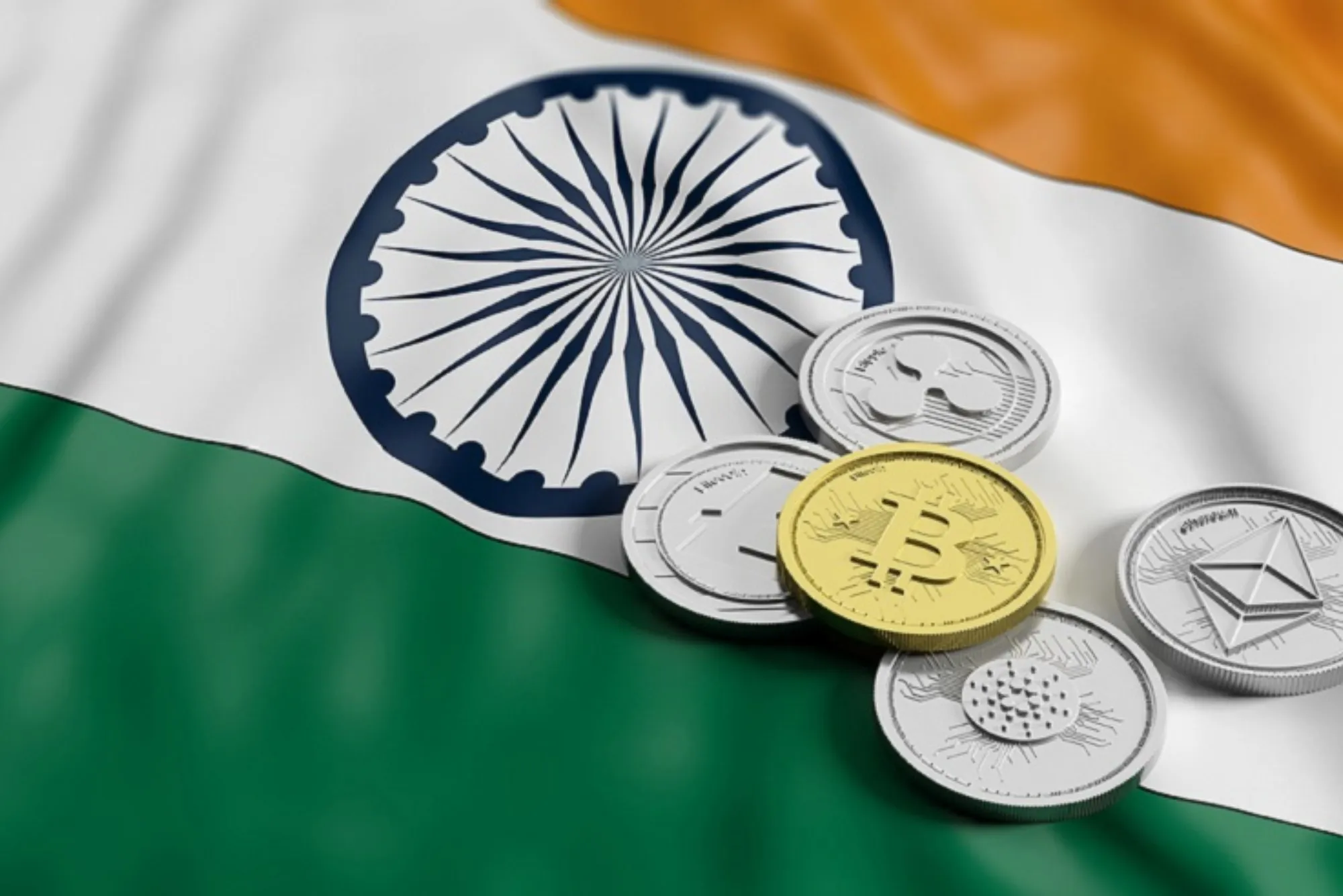Cryptocurrency and blockchain technology have revolutionized the way we perceive and conduct financial transactions globally. In India, despite initial skepticism, there has been a noticeable surge in interest and adoption of cryptocurrencies. Understanding how to navigate this space is essential for those looking to explore the world of digital assets.
Understanding Cryptocurrency and Blockchain
Cryptocurrency is a digital or virtual form of currency that utilizes cryptography for security and operates independently of traditional banking systems. Examples include Bitcoin, Ethereum, and Ripple.
How Blockchain Technology Works
Blockchain is the underlying technology behind cryptocurrencies. It consists of a decentralized and distributed ledger that records all transactions across a network of computers. Each transaction, or block, is securely linked to the previous one, forming a chain of blocks.
Legal and Regulatory Framework in India
As of [current date], the legal status of cryptocurrency in India remains uncertain. While the Reserve Bank of India (RBI) has expressed concerns and issued warnings about the risks associated with cryptocurrencies, the government has not implemented a comprehensive regulatory framework.
Compliance and Taxation
Individuals and businesses involved in cryptocurrency transactions are subject to tax obligations as per existing laws. It is essential to maintain accurate records of transactions and comply with reporting requirements to avoid legal complications.
How to Get Started with Cryptocurrency
Selecting a reputable cryptocurrency exchange is the first step towards entering the cryptocurrency market. Popular Indian exchanges include WazirX, CoinDCX, and Bitbns. Factors to consider include security measures, trading fees, and available cryptocurrencies.
Creating and Securing Your Account
Once you’ve chosen an exchange, you’ll need to create an account by providing necessary details and undergoing verification procedures. It’s crucial to enable two-factor authentication and use strong, unique passwords to secure your account.
Buying and Selling Cryptocurrency
Buying cryptocurrency on an exchange involves depositing funds into your account and placing buy orders for the desired coins or tokens. Payment methods accepted by Indian exchanges typically include bank transfers, UPI, and credit/debit cards.
How to Sell Cryptocurrency
Selling cryptocurrency follows a similar process to buying. You’ll need to place sell orders on the exchange platform and specify the amount of cryptocurrency you wish to sell. Upon execution, you can withdraw the proceeds to your linked bank account.

Storing and Managing Cryptocurrency
In the realm of blockchain and cryptocurrency, securing your digital assets is paramount, and this is where cryptocurrency wallets play a pivotal role. These wallets come in various forms, each catering to different needs and preferences within the blockchain and cryptocurrency ecosystem.
Hot Wallets (Software-based)
Hot wallets, also known as software wallets, are applications or software programs that store your cryptocurrency keys online. They are convenient for frequent transactions and are often accessible via desktop or mobile devices. Examples include online wallets provided by cryptocurrency exchanges, as well as mobile wallets like Trust Wallet and Coinbase Wallet. While convenient, hot wallets are more susceptible to hacking and online threats due to their constant connection to the internet.
Cold Wallets (Hardware-based)
On the other hand, cold wallets, or hardware wallets, offer enhanced security by storing cryptocurrency keys offline, typically on specialized hardware devices. These devices, such as Ledger Nano S, Trezor, and KeepKey, provide an extra layer of protection against hacking and cyber attacks. Cold wallets are ideal for long-term storage of cryptocurrency holdings, making them a popular choice among blockchain and cryptocurrency enthusiasts who prioritize security.
Security Best Practices
Regardless of the type of wallet you choose, adhering to security best practices is essential in the world of blockchain and cryptocurrency. Here are some key measures to consider:
Use Reputable Wallets
Opt for wallets from trusted providers with a track record of security and reliability in the blockchain and cryptocurrency space.
Keep Software Updated
Regularly update your wallet software and operating systems to patch security vulnerabilities and ensure the latest security features are in place.
Enable Two-Factor Authentication (2FA)
Add an extra layer of security to your wallet accounts by enabling two-factor authentication, which requires a secondary verification method in addition to your password.
Backup Your Wallet
Create backups of your wallet’s private keys or seed phrases and store them securely offline. This ensures that you can recover your cryptocurrency holdings in case of loss or theft.
Beware of Phishing Scams
Be vigilant against phishing attempts, where malicious actors impersonate legitimate entities to trick you into revealing sensitive information. Always verify the authenticity of communications and avoid clicking on suspicious links.
Use Strong Passwords
Choose strong, unique passwords for your wallet accounts and avoid using the same password across multiple platforms. Consider using a password manager to securely store and manage your passwords.
Using Cryptocurrency for Transactions
An increasing number of merchants and service providers in India accept cryptocurrency payments. You can use your cryptocurrency wallet to pay for goods and services online or in-person at participating establishments.
Transferring Cryptocurrency
Sending and receiving cryptocurrency involves using wallet addresses to initiate transactions. Transactions are typically processed swiftly, with confirmation times varying depending on network congestion and transaction fees paid.
Investing and Trading in Cryptocurrency
Many individuals view cryptocurrency as a lucrative investment opportunity. However, it’s essential to conduct thorough research, diversify your portfolio, and only invest what you can afford to lose due to the inherent volatility of the market.
Trading Cryptocurrency
Cryptocurrency trading involves buying and selling assets with the aim of profiting from price fluctuations. Traders employ various strategies, including technical analysis and market sentiment analysis, to make informed trading decisions.
Challenges and Risks
The cryptocurrency market is highly volatile, with prices subject to rapid fluctuations. Investors and traders must be prepared for price swings and potential losses.
Security Risks
Security threats such as hacking, phishing, and scams pose significant risks to cryptocurrency users. Vigilance, adherence to security best practices, and staying informed about emerging threats are essential for safeguarding your assets.
Future of Cryptocurrency and Blockchain in India
Despite regulatory uncertainties, India continues to witness innovation and adoption in the blockchain and cryptocurrency space. From decentralized finance (DeFi) to non-fungible tokens (NFTs), the possibilities are vast and evolving.
Government Initiatives and Public Perception
The Indian government is exploring the potential of blockchain technology for various applications, including supply chain management and digital identity verification. Public perception of cryptocurrency is gradually shifting, with increasing awareness and acceptance among mainstream audiences.
Navigating the world of cryptocurrency in India requires understanding the fundamentals of blockchain technology, adhering to legal and regulatory requirements, and adopting security best practices. By following these guidelines and staying informed about developments in the cryptocurrency space, individuals can harness the potential of digital assets while mitigating risks.




